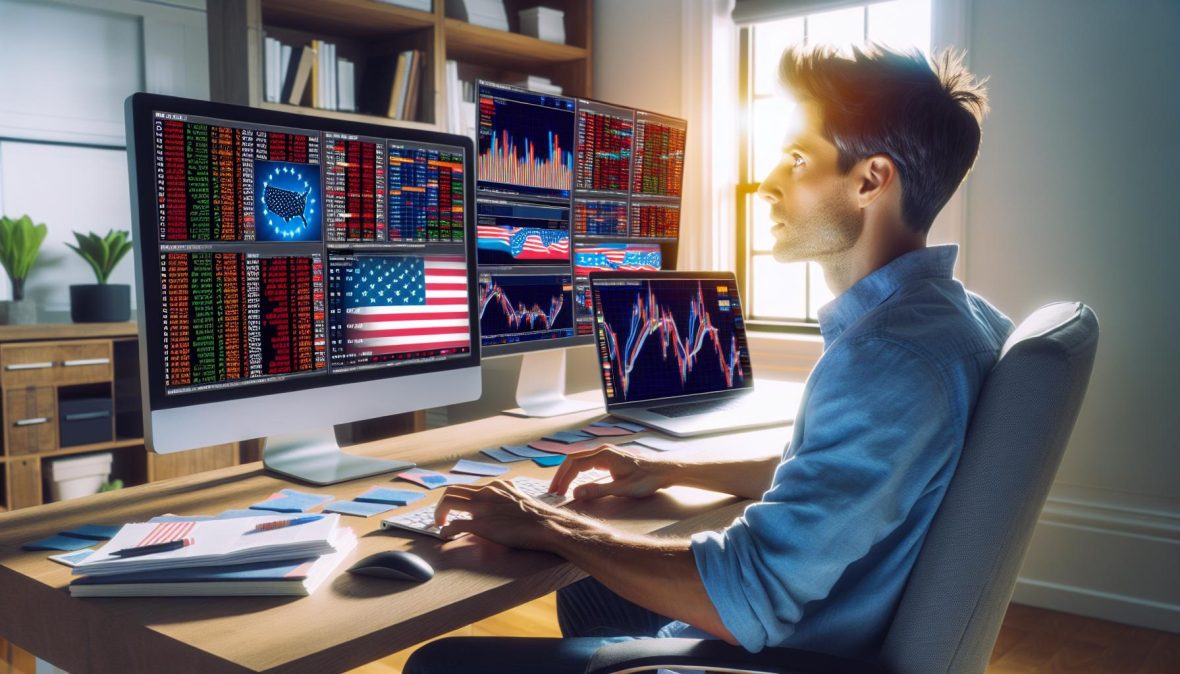Polymarket Trader’s 99% Odds on Trump Win Stun Market

A trader on Polymarket, a decentralized prediction market platform, recently placed a bet on Donald Trump winning with astonishing 99% odds in their favor. This high-stakes wager has sparked discussions about political betting, market dynamics, and the implications of such confident predictions.
Key Takeaways
- Polymarket is a blockchain-based prediction market for betting on real-world outcomes
- Political betting is growing in popularity but faces legal and ethical challenges
- A trader achieved 99% odds on a Trump win through strategic analysis
- High-odds bets can significantly impact market perception and political discourse
- Experts debate the merits and risks of such confident predictions
Overview of Polymarket
Polymarket is a decentralized prediction market operating on the Ethereum blockchain. It allows users to trade on the outcomes of real-world events, from politics to sports, using smart contracts for transparent and secure transactions. The platform aggregates collective insights to generate probabilities for diverse outcomes.
The Rise of Political Betting
Political betting has gained traction as traders apply financial analysis to anticipate election outcomes. While growing in popularity, it faces legal restrictions in many jurisdictions and ethical debates about monetizing political events. Engaging in political betting requires careful consideration of legal and ethical implications.
The Story Behind the 99% Odds
The trader likely combined deep analysis of political trends with an understanding of Polymarket’s user behavior to achieve such favorable odds. This bet sparked both skepticism and intrigue among other users, highlighting the dynamic nature of prediction markets.
Implications of High Odds
Such high-confidence trades can influence platform perception, potentially increasing user engagement but also risking market distortion. In political discourse, it can shape narratives and spark debates about forecast accuracy and public sentiment.
Expert Opinions
Analysts emphasize the importance of nuanced data understanding in prediction markets. While some praise the trader’s insight, others caution against overreliance on market odds as indicators of actual election outcomes.
Conclusion
The 99% odds bet on Polymarket demonstrates the complex interplay of data analysis, market dynamics, and political forecasting. As prediction markets evolve, they offer unique opportunities for engagement while raising important questions about their impact on public discourse and decision-making.
FAQs
What is Polymarket?
Polymarket is a decentralized prediction market platform on the Ethereum blockchain, allowing users to bet on various real-world outcomes.
How did the trader achieve 99% odds?
Through extensive political trend analysis and understanding of Polymarket’s user behavior, aligning their bet with changing political sentiments.
What are the legal challenges of political betting in the U.S.?
U.S. regulations often limit political betting to prevent market manipulation and protect election integrity, complicating participation.
For more insights on prediction markets and political betting, consider exploring reputable financial and political analysis platforms.
